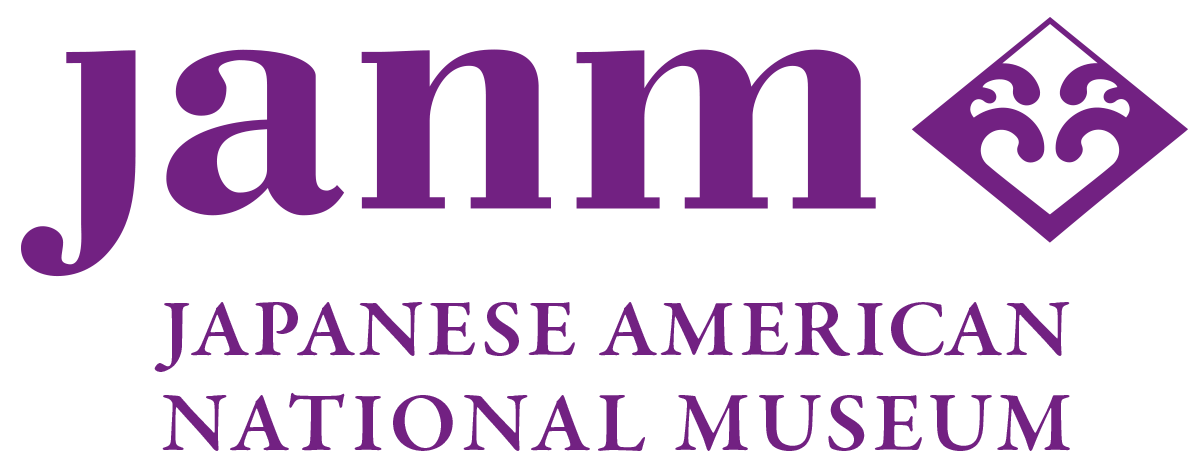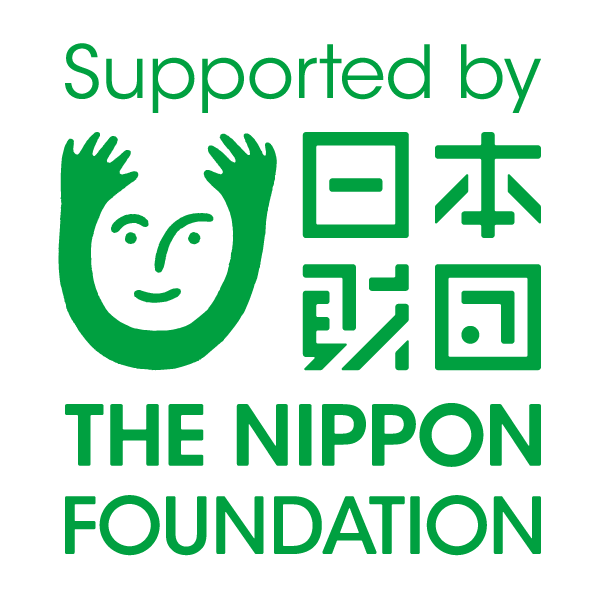

Japanese American Women and Activism Within the JA Community: Redress, Reparations, and Gender
 cshikai
cshikai
|

|
||
| Licensing | ||
Aiko Yoshinaga Herzig on the coram nobis cases; Lorraine Bannai and Korematsu v. United States
Aiko Yoshinaga Herzig, in an interview with Densho, commented on the importance of the coram nobis cases to passage of the Redress bill. The coram nobis cases consisted of three cases brought by Fred Korematsu, Gordon Hirabayashi, and Minoru Yasui during World War II to challenge the constitutionality of convictions brought against them for various reasons relating to Internment. Although at the time those convictions were upheld, in 1983 Aiko and a team of Sansei attorneys reopened these cases to have them reheard.
In that same year, all except Min Yasui’s cases were vacated, Yasui being an exception because he passed away before an appeal was possible (83). These coram nobis cases set the stage for questioning the legitimacy and constitutionality of the government’s actions during World War II, and provided an important precedent for the Redress bill. Without these cases, which brought about, for the first time, permeating questions of constitutionality and brought to light many ways in which the government had wronged the JA community, the Redress and Reparations campaign would have taken a different course. Aiko’s efforts to reexamine these cases, without question, made Redress possible.
Above is a brief on one of the coram nobis cases, involving Fred Korematsu, a man who had refused to report for evacuation and as a result was detained for some time at Tanforan Detention Center before going off to camp.
Lorraine Bannai joined the team of lawyers who, in 1981, pursued the reopening of this particular case and succeeded in vacating Korematsu's conviction in 1983. Working closely with Dale Minami, she co-founded the Bay Area Attorneys for Redress group (BAAR), which focused on internment briefs. In this significant way, Lorraine and her group of attorneys contributed to the Redress movement.
[This document is an ASPX document. After downloading the document, open a web browser and in the file menu, choose "Open." Browse for the aspx document and select it to open.]
Sources: Densho Digital Archive, http://archive.densho.org/main.aspx. Visual History Collection: Densho Visual History Collection: Aiko Yoshinaga Herzig Interview, Segment 6 and Lorraine Bannai Interview; Kitashima, Tsuyako Sox and Morimoto, Joy K., The Birth of an Activist: The Sox Kitashima Story. San Mateo: Asian American Curriculum Project, 2003.
Document: Densho Digital Archive, http://archive.densho.org/main.aspx. Photo/Document Collection: Densho Collection.
Based on this original

|
Aiko Yoshinaga Herzig on the coram nobis cases; Lorraine Bannai and Korematsu v. United States |
 Japanese American Women and Activism Within the JA Community: Redress, Reparations, and Gender
Japanese American Women and Activism Within the JA Community: Redress, Reparations, and Gender
 Journal feed
Journal feed
